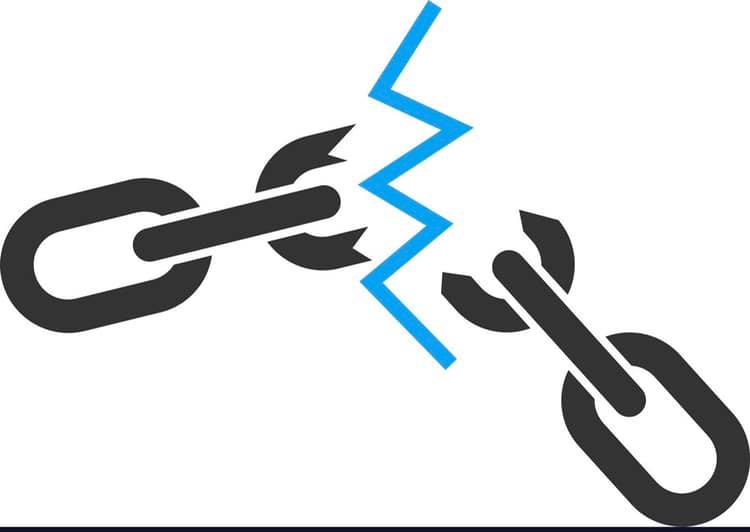Seven Steps To Start A Black Owned Business
By Chris Jones
How many times have you dreamed of quitting your day job to start your own business? The reality of becoming an entrepreneur or small business owner may seem unrealistic for some, but it’s much easier than you think. No, you do not need a college degree to get started in business, but certain fields may require certification such as law firms, dental practice, etc.
To help you get started I created: 7 steps to start a black owned business
1. Write down your vision
Do you know why you’re selling a certain product or providing a certain service? Is there a need for your product or service? These are a couple of questions that should be throughly addressed when writing down your vision. What is the end result? Are you looking for a quick buck or is this something you will be committed to long-term? If you start a business with the intentions of getting a quick buck you won’t be in business for long. Why? It is often said that the first three years of any business is a test of survival. These are your learning years. Task such as filing your first tax return, engaging your first new employee, and moving into a new premises are often handled in the early years and all require experience.
2. Research your market
Although this is one of the most boring steps, it is also one of the most crucial. You must know who you’re selling to. Who is your targeted audience? Is your product or service for children or adults? What are their age ranges? Why would they be interested in your product or service? What can they get from your business that they can’t get from anywhere else? These questions are helpful when identifying your target audience.
3. Invest in branding
Now that you have an idea of where you’re going and who you’re selling to its time to invest in branding. Branding is a combination of your logo, website, and other marketing materials that will give your business its identity. A horrible or cheap looking brand will push potential customers away. Remember, people are not only paying for your product or service but they are paying for the experience as well. A unique brand can leave an everlasting impression so invest wisely!
If you need assistance from a professional designer contact me (Chris) at www.creativefiend.net
4. Meet legal requirements
You can visit your local county clerk office to obtain information about a LLC or apply for DBA. A DBA (Doing Business As) let the public know who the real owner of a business is. The DBA is also called a Fictitious Business Name or Assumed Business Name. Forming a LLC with the state protects your personal assets from business debts and liabilities.
A federal tax identification number, or employer identification number (EIN), acts like a social security number and is required for corporations and LLCs that will have employees. Contact your state’s taxation department to learn if a state tax identification number is required in your state
5. Estimate Profit
Determine how long it will take you to make your first sale. Will it take 6-12 months? If so, try to save a years worth income to live off of. Be careful when budgeting because setting unrealistic goals can lead to stress or even worse, quitting before you seeing progress.
6. Determine how you will market
There are tons of books on marketing available on the web but one of the oldest forms, word of mouth, is still very effective and costs absolutely nothing. Figure out ways to generated hype around your product or service then execute strategies to attract potential customers. Family members, friends, and coworkers are perfect resources to help spread the word.
7. Learn how to sell
Ever wonder how a car salesmen could sell a lemon to an unsuspecting buyer? It’s not what he says but rather how good he listens. Keeping your mouth closed and ears open will let your customers that you care about their needs. Knowledge of the product your selling or service your provide is also crucial when making a sale.














